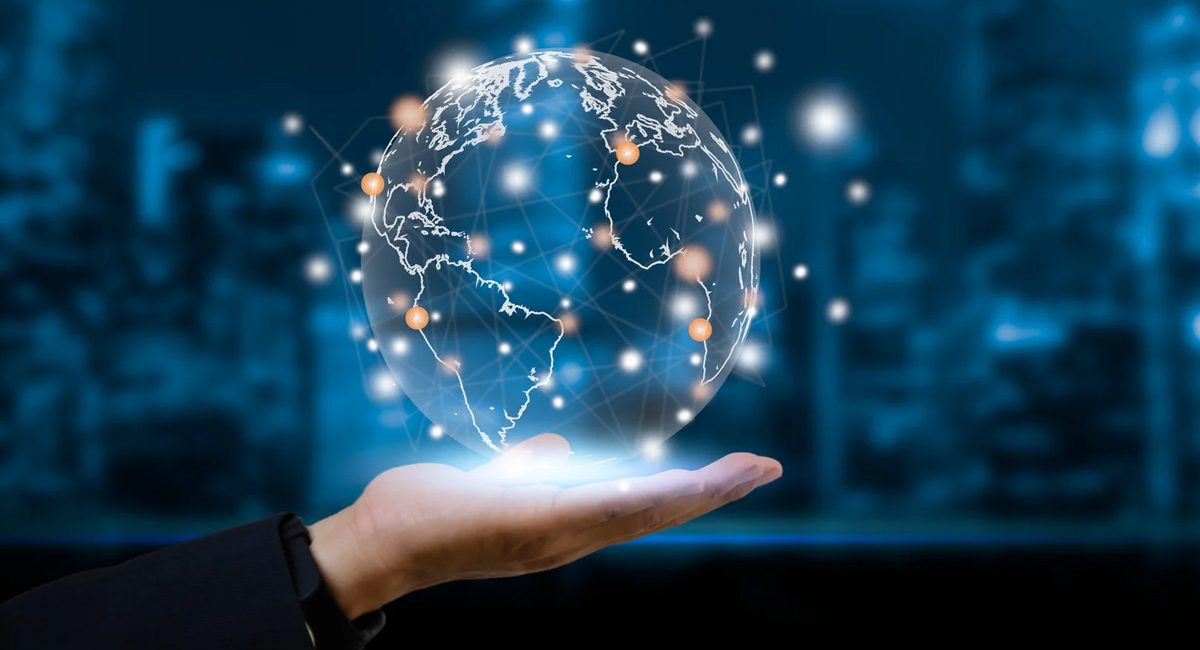
The Future Is Now: Top Technology Trends Shaping 2025
Introduction
Technology is evolving at a pace faster than ever before. From artificial intelligence and quantum computing to robotics and sustainable innovations, 2025 marks a turning point in how the digital world interacts with our daily lives. This blog explores the most influential technological developments transforming industries and redefining the future of humanity.
1. Artificial Intelligence: Smarter and More Human
Artificial Intelligence (AI) continues to dominate the technology landscape. In 2025, AI models have become more explainable, ethical, and adaptable across industries:
- AI in healthcare is enabling faster diagnosis and personalized treatments.
- AI in education provides adaptive learning tailored to each student’s strengths.
- AI in businesses streamlines decision-making, reducing errors and increasing productivity.
Moreover, Generative AI—which powers chatbots, content creation, and design—has entered the mainstream, becoming an everyday assistant for millions.
2. Quantum Computing: The Next Computational Frontier
Quantum computing, once a futuristic concept, is now emerging as a practical technology. Companies like IBM, Google, and startups are building scalable quantum systems that solve complex problems faster than classical computers.
Key breakthroughs include:
- Drug discovery acceleration through molecule simulations.
- Cybersecurity evolution, using quantum encryption to secure global communication.
- Climate modeling for better prediction and sustainability strategies.
Quantum computing’s rise could soon make today’s most powerful supercomputers seem outdated.
3. The 6G Network: Beyond Connectivity
While 5G is still rolling out globally, 6G technology is already under development. Promising ultra-fast connectivity and low latency, 6G aims to connect not just people but also machines, sensors, and virtual environments.
Benefits include:
- Immersive metaverse experiences powered by real-time data.
- Smart cities that run efficiently through connected infrastructure.
- Seamless AI and IoT integration across industries.
By 2030, 6G could redefine how we interact with the digital and physical worlds.
4. Robotics and Automation: The Rise of Smart Machines
From factories to homes, robots are becoming more autonomous, efficient, and intelligent.
- Collaborative robots (cobots) work safely alongside humans in industries.
- Autonomous delivery drones and robotic assistants are transforming logistics and home services.
- AI-driven automation reduces repetitive tasks, allowing humans to focus on creative and strategic roles.
This new wave of robotics is paving the way for a more productive and balanced workforce.
5. Sustainable Tech: Innovation for the Planet
As climate change becomes a global concern, green technology is leading the innovation race.
Notable developments include:
- Renewable energy storage improvements using AI-driven optimization.
- Electric vehicles (EVs) with longer battery life and faster charging.
- Recycling robots that sort waste efficiently to minimize human error.
The fusion of sustainability and technology is ensuring that innovation benefits both humanity and the environment.
6. Cybersecurity in the Era of AI
With the rise of digital transformation, cybersecurity has become more critical than ever. AI-driven systems are now used both for attack and defense.
Trends include:
- Behavioral authentication replacing traditional passwords.
- AI threat detection systems identifying vulnerabilities in real time.
- Decentralized blockchain security ensuring transparent and tamper-proof transactions.
Cyber resilience is now a core part of every organization’s digital strategy.
Conclusion
The technological revolution of 2025 is more than just faster processors or smarter devices—it’s about creating intelligent, sustainable, and connected systems that enhance every aspect of life. From AI-driven solutions to sustainable energy technologies, the innovations emerging today are shaping a more efficient, equitable, and eco-friendly future.